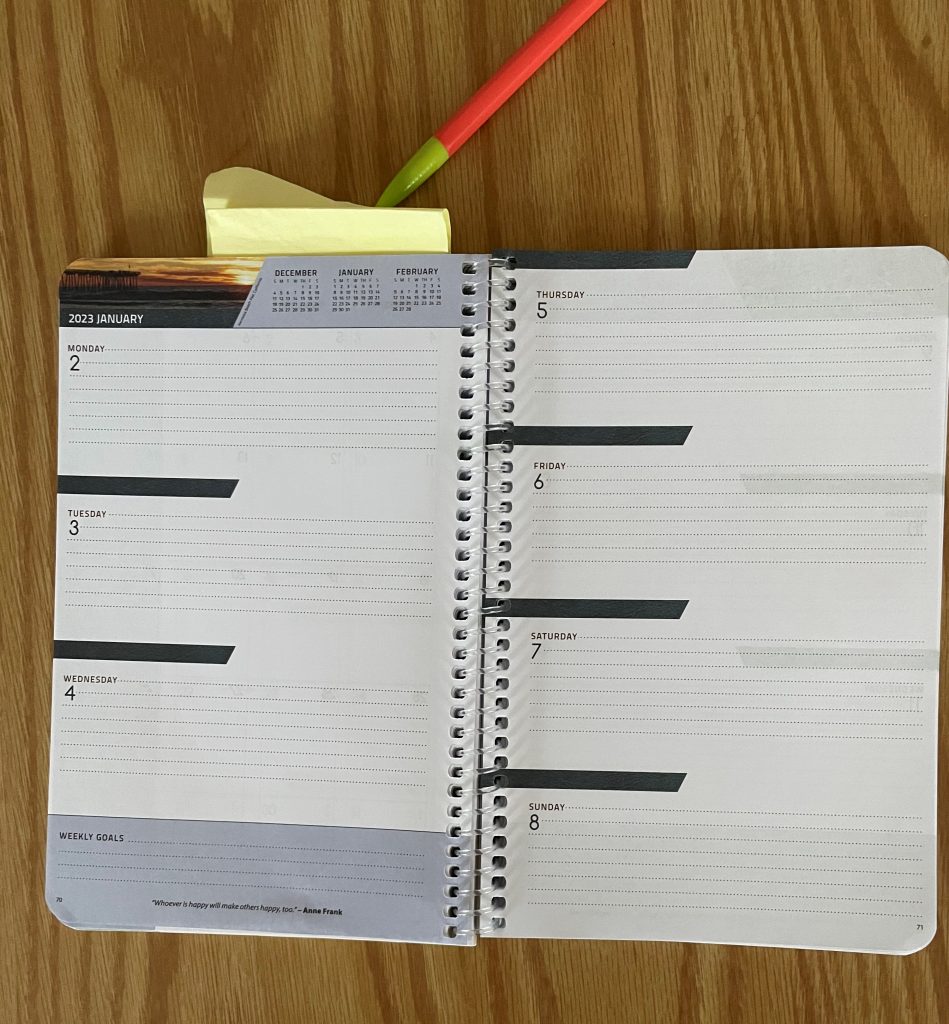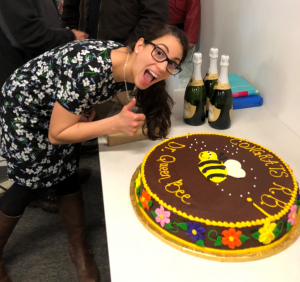Cyrus Karimy, Biomedical Engineering M.S. Candidate
Even before my master’s program officially started, I knew I would need to up my game. I have always worked hard in my academic career. However, I felt like I needed to work smarter to succeed. Success for me now is more than grades. It’s overall positive mental health (and having time to focus on it), having time for my loved ones, going to the gym multiple times a week, truly learning the material at hand, and succeeding in my laboratory work. I felt that working hard without the addition of working smart did not leave enough time in my schedule to do the other things that make me a complete person.
In the second week of school, I decided to get ahead and schedule an appointment with the Student Accessibility and Academic Resources (StAAR) Center. The StAAR Center offers academic support through one-on-one academic coaching, writing consultations, tutoring, study groups, study strategies, and discipline-specific workshops. I went into my meeting knowing what I wanted, more time to do things that were important to me, but I didn’t really know how to get there. The StAAR center tutor was so kind and patient with me. In the first half of our session, we talked about who I was and what I was looking for. She quickly evaluated that I needed better time management, self-assessment, and breaking skills.
Self-assessment was step one. What do I need to succeed and feel ready each day? Figuring these out and having them as non-negotiable activities would keep me in a place I needed to be. It’s important to know what you need in your life so that you don’t burn out while staying as happy and fulfilled as you can. For me, it was asking myself who are the people that take me out of the capitalistic matrix we live in? What are the activities that bring me forward toward my career, mental, physical, and spiritual goals?
The activities I came up with are:
- Developing a proper morning routine to help me get in the best mindset I could for the day (stretching, journaling, etc.)
- Going to the gym at least 5 times a week keeps my confidence and health in check
- Making time for fun with friends and loved ones on the days when I don’t have classes brings me a lot of joy
- Time to work on each course during the week so I don’t fall behind on my classes
- Dedicating time to going to the laboratory for training
- Developing a nighttime routine that would help me prepare for the next day, and having activities that calm my mind so I can fall asleep easier (meditation, staying off social media, writing my schedule for the next day, etc.)
Now that I have my activities set up it’s time for step 2. With time management, I now take all the activities I mentioned above and plug them into my new schedule. I had been carrying around a small calendar and trying to squeeze my agenda into every little box that represented a day in the month. The tutor saw that and actually gave me a new calendar book, that had the month laid out on one page, as well as additional pages that allow you to really dive into detail with what you want to accomplish that day.

The setup I chose for the overall calendar (image 1) was only to write the big due dates and events going on in my life. I’d go into detail about what I was going to do each day in the focused daily calendar (image 2). This helped me stay aware of what was coming in the future while allowing me to focus on what was happening day to day in an organized and visibly pleasing fashion.

Step 3 is breaking skills (how to take breaks efficiently). This one really got me. The first thing my StAAR Center mentor told me is “don’t go on your phone, especially using social media as a break.” This pointer has definitely helped me the most, I didn’t realize how draining absorbing content is. I’ve been trying to look outside my window, go on walks, or text my loved ones instead of going on Instagram, Youtube, etc., for my study breaks. This hasn’t been the easiest adjustment because I’m so used to going on these apps for my study breaks. I wish I knew beforehand that this was not actually resting my brain.
Overall, I can see myself succeeding more in my classes and life in general. I’m getting good grades, I’m able to see the people that make me happy, my sleep has been better, and I’m going to the gym more than before! My planning skills allow me to get all the things done that I want to. It has taken some trial and error though. I’ve been learning how much time certain tasks are going to take. Sometimes things don’t go as planned, and that’s ok! That’s life really, because nothing is perfect, including us. But what I’ve learned in these past few weeks is if I try my best to generally prepare, I can’t ask more of myself, and that’s good enough for me. Thanks for reading, until next time!








